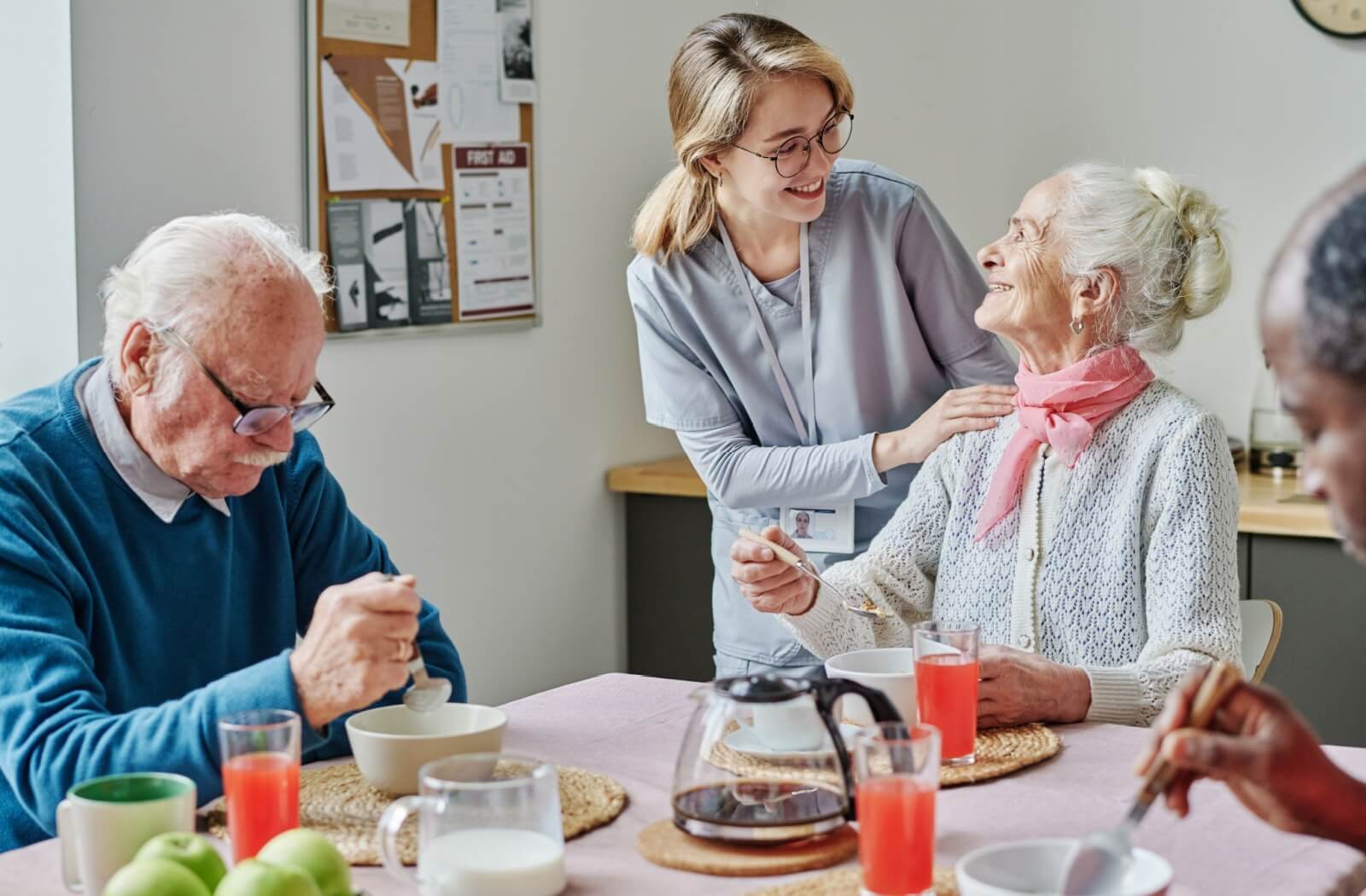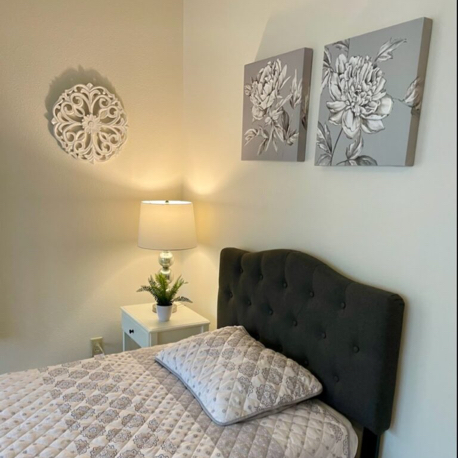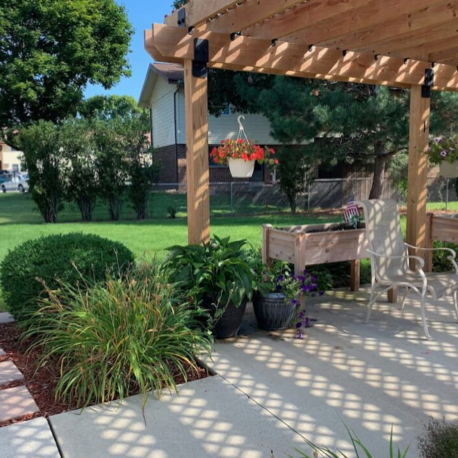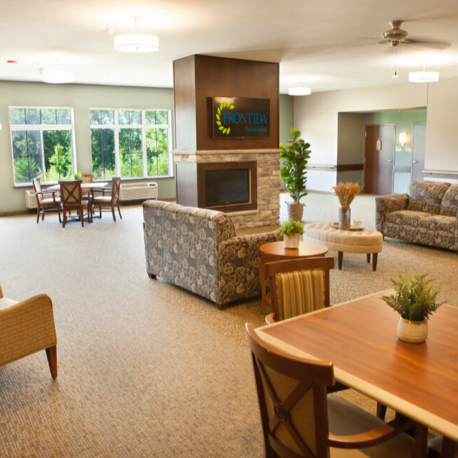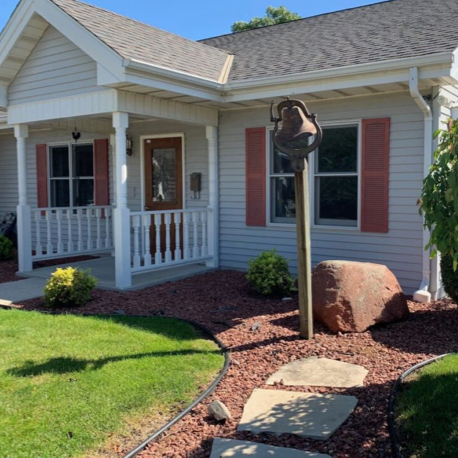Dementia isn’t just about memory loss—it’s a journey that affects every part of a person’s life, and often, every member of their family. While every experience is unique, dementia typically progresses in three stages: early, middle, and late.
Understanding these 3 common stages of dementia can help you prepare for changes in your loved one’s abilities, adapt your caregiving approach, and ensure they receive the right support at the right time.
Recognizing early cognitive and physical changes empowers families to make informed and compassionate decisions. It means you can plan ahead, reduce future stress, and ensure your loved one’s care will align with their values and wishes.
What is Considered Normal Aging?
As we age, it’s normal to forget where the car keys are once in a while or take longer to learn a new app. Dementia, however, goes beyond that. Gradually it interferes with thinking, judgment, language, and everyday tasks, disrupting a person’s independence.
Normal aging might look like:
- Forgetting a name but remembering it later
- Taking longer to solve a problem or make a decision
- Occasionally misplacing items
Dementia often involves:
- Repeatedly asking the same questions
- Difficulty following familiar instructions, like a recipe
- Becoming disoriented in familiar places
- Withdrawing from social situations or becoming easily frustrated
Early Stage Dementia: Recognizing the Subtle Signs
In the early stages, symptoms are mild. The person may still be independent and capable, but subtle changes start to show. They may forget recent conversations or appointments, struggle with word recall, or feel overwhelmed in busy or unfamiliar settings.
You may notice your loved one:
- Repeating questions or stories
- Misplacing items in unusual spots
- Having trouble managing bills or medications
- Showing signs of anxiety, confusion, or mild depression
What Care Looks Like in the Early Stage
This is the time to focus on routines, connection, and proactive planning. While your loved one may not need daily help yet, they may appreciate reminders, companionship, and support for complex tasks.
This stage is also ideal for sitting down together and discussing their wishes, values, and what kind of support they may want later on. Planning ahead helps avoid stress and ensures their voice stays at the center of every decision.
Middle Stage Dementia: When Daily Support Becomes Essential
During the middle stage, changes in cognition and behavior become more noticeable. The person may need reminders or assistance with personal care, meals, and daily routines. They may have difficulty recognizing familiar people or places, and changes in mood or sleep can become more pronounced.
Common signs in the middle stage include:
- Forgetting personal details, such as their address or loved ones’ names
- Needing help bathing, dressing, or preparing meals
- Getting confused in conversations or withdrawing from activities
- Expressing frustration, agitation, or sadness more often
What Care Looks Like in the Middle Stage
This stage often marks a turning point for families. What once felt manageable may begin to feel overwhelming. Simplifying routines, offering gentle structure, and focusing on comfort over perfection can help maintain a sense of dignity and purpose.
It’s also a good time to explore memory care programs designed specifically to meet these evolving needs. Communities with trained staff and thoughtfully designed spaces can provide safety, engagement, and peace of mind for families.
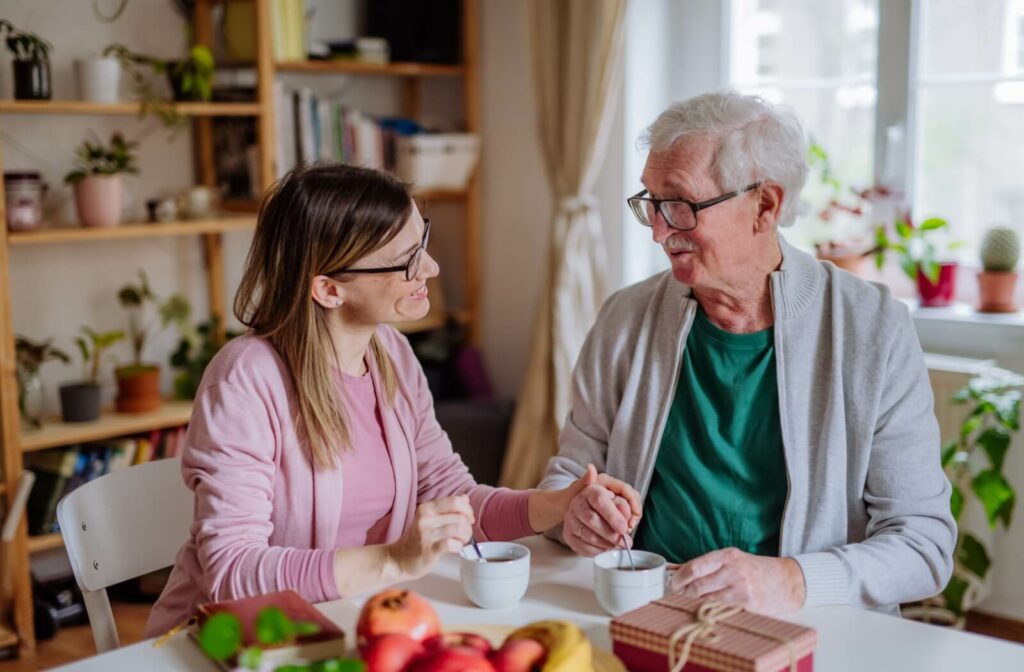
Late Stage Dementia: Providing Comfort and Connection
In the late stage, dementia affects most aspects of the person’s ability to function. Verbal communication may be limited or lost altogether. Your loved one may no longer recognize people close to them or fully understand their surroundings. Most need full assistance with mobility, eating, hygiene, and medical care.
In the late stage, you may notice:
- An inability to speak or express needs
- Loss of coordination and increased risk of falls
- Challenges with swallowing or eating
- Sleeping more and showing reduced interest in surroundings
What Care Looks Like in the Late Stage
While this stage is difficult, it’s also deeply meaningful. Comfort becomes the priority—gentle touch, soft music, and familiar scents or voices can help the person feel safe and at ease.
Around-the-clock care is often necessary at this stage. Professional teams trained in dementia support can provide the respectful, personalized care that meets both physical and emotional needs, while allowing family members to return to their most important role: simply being there.
Why Early Diagnosis Makes a Difference
Recognizing the signs early—and having the courage to talk about them—can make a lasting impact on the quality of life for everyone involved. With an early diagnosis, families can:
- Explore care options together, while the person can still express their preferences
- Access treatments or lifestyle interventions that may help slow progression
- Prepare legal and financial plans in a thoughtful, organized way
- Get connected to resources and support networks earlier
In Wisconsin and beyond, dementia affects thousands of families each year. Knowing the signs—and understanding what to expect—helps you respond with compassion and confidence.
Supporting the Whole Person, At Every Stage
At every point in the dementia journey, one thing remains true: people deserve to be treated with respect, warmth, and understanding. They are more than their condition. They are parents, siblings, veterans, teachers, and storytellers.
Their lives still hold meaning—whether that’s found in a familiar song, a shared meal, or a moment of eye contact that says, “I’m here.”
Families navigating dementia aren’t alone. With the right support, you can focus less on caregiving stress and more on being present with your loved one. That’s where a trusted care partner comes in.
Your Partner in Dementia Care & Support
Frontida Senior Living offers memory care and dementia support across 9 senior living communities in Wisconsin. Our team understands how care needs evolve—and we’re here to walk alongside you with empathy, experience, and respect.
From our senior leadership to our valued team members—we’re deeply committed to building the bonds of trust with all the seniors and families we’re honored to serve.
Schedule a visit today and see how we support your loved one’s journey—at every stage.

